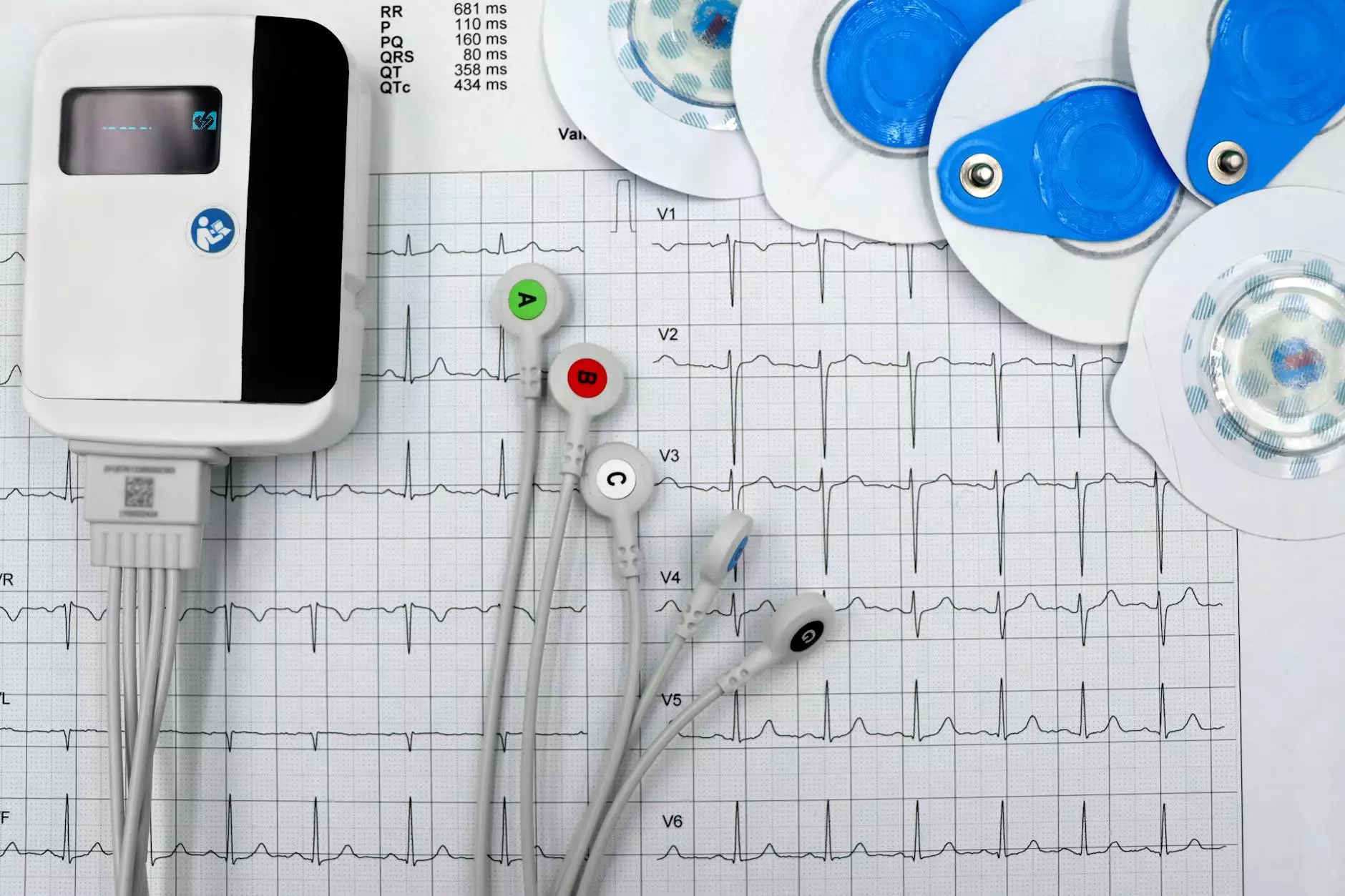The Importance of Regular Cardiac Check Ups for Your Heart Health

When it comes to maintaining good health, few things are as crucial as a comprehensive cardiac check up. In today’s fast-paced world, where stress levels are high and lifestyle choices can lead to serious health issues, understanding the significance of regular heart check-ups is paramount. At HKWWC Medical Center, we emphasize the need for individuals to prioritize their heart health through regular examinations. This article will delve deep into why a cardiac check-up is essential, what it involves, and how it can help you lead a healthier life.
Why You Should Prioritize Your Cardiac Health
Your heart is the engine that powers your body. It supplies oxygenated blood to your organs and tissues, ensuring they function optimally. Neglecting heart health can lead to a range of serious conditions, including heart disease, a heart attack, or stroke. Regular cardiac check-ups provide invaluable insights into your cardiovascular health. Here are some reasons why you should make these check-ups a priority:
- Early Detection of Problems: Many heart conditions develop silently. Regular check-ups can help catch issues before they become critical.
- Monitoring Existing Conditions: If you have a history of heart issues, consistent check-ups help monitor your condition and manage treatments effectively.
- Lifestyle Guidance: Doctors can provide personalized advice on lifestyle changes that can improve your heart health.
- Peace of Mind: Knowing that your heart is in good shape reduces anxiety and allows you to focus on enjoying life.
What to Expect During a Cardiac Check Up
Many patients feel nervous about undergoing a cardiac check up, but understanding the process can alleviate those fears. Here’s what you can typically expect during your appointment:
1. Medical History Review
Your healthcare provider will ask about your medical history, family history of heart disease, current medications, and lifestyle choices (e.g., diet, exercise, smoking, alcohol consumption).
2. Physical Examination
A thorough physical exam will include checking your blood pressure, heart rate, and breathing. The doctor will also listen to your heart with a stethoscope to detect any irregularities.
3. Diagnostic Tests
Depending on your age, medical history, and symptoms, the doctor may recommend various tests, including:
- Electrocardiogram (ECG): This test records the electrical activity of your heart to identify any issues with heart rhythm.
- Echocardiogram: An ultrasound that provides images of your heart, helping to assess its structure and function.
- Blood Tests: These tests can check cholesterol levels, blood sugar, and other indicators of heart health.
- Stress Testing: To evaluate how your heart performs under physical stress.
4. Review and Follow-Up
After the tests, your doctor will discuss the results with you, explain what they mean, and recommend any necessary treatment or lifestyle changes. Follow-up appointments may be scheduled based on your findings.
Key Benefits of Regular Cardiac Check Ups
The benefits of regular cardiac check-ups extend beyond just identifying potential health concerns. Here are some key advantages:
1. Personalized Health Plan
During your visits, physicians can help create a tailored plan catering specifically to your health needs. This may include dietary changes, exercise recommendations, or medication adjustments.
2. Improved Heart Health
By regularly monitoring your heart health, you empower yourself to implement healthier lifestyle choices, leading to improved cardiovascular function.
3. Lower Healthcare Costs
Preventive healthcare like regular check-ups can significantly reduce healthcare costs in the long run. By identifying and managing health issues early, you can decrease the likelihood of needing costly treatments.
4. Long-term Wellbeing
A commitment to regular cardiac check-ups contributes to your overall wellbeing, allowing you to maintain an active and fulfilling lifestyle.
Risk Factors for Heart Disease
A variety of risk factors can contribute to heart disease, many of which can be modified through lifestyle changes and medical intervention. Here are the most common risk factors:
- High Blood Pressure: A critical risk factor that can damage blood vessels and the heart.
- High Cholesterol: Elevated levels can lead to plaque build-up in arteries, increasing heart disease risk.
- Smoking: Tobacco use is a major cause of several cardiovascular diseases.
- Obesity: Excess weight increases strain on the heart and raises blood pressure and cholesterol levels.
- Diabetes: High blood sugar can damage blood vessels and nerves that control the heart.
- Sedentary Lifestyle: Lack of physical activity is directly linked to heart disease risks.
- Unhealthy Diet: Diets high in saturated fats, trans fats, salt, and sugar can increase heart disease risk.
Conclusion: Make Your Heart a Priority
The heart is undeniably one of the most crucial organs in our body. A regular cardiac check up is a vital step in safeguarding your heart health and overall wellbeing. By making cardiac health a priority, you empower yourself to take control of your future health. If you have not scheduled your cardiac check up recently, consider doing so today. Remember, prevention is the best medicine, and your heart deserves the utmost care.
At HKWWC Medical Center, we are dedicated to providing comprehensive heart health services. Our team of experienced medical professionals is here to guide you every step of the way in your journey towards optimal cardiovascular health. Contact us today to learn more about our services and to schedule your cardiac check-up!









